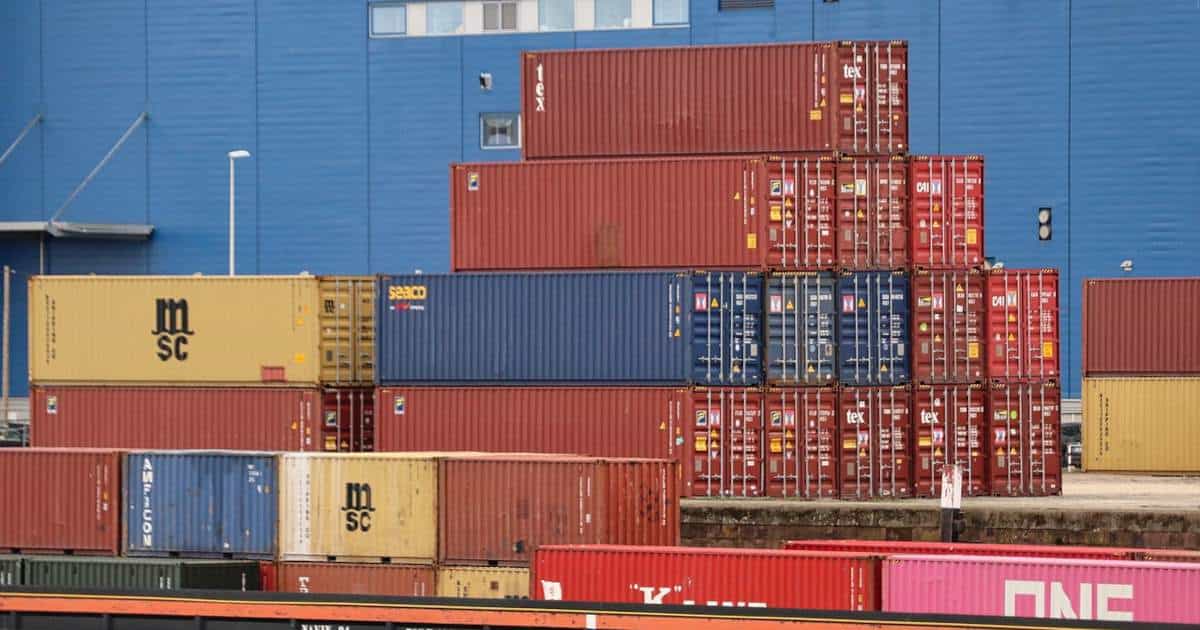Packages Autocomplete does not work in Docker containers after a basic build, even if you have installed bash-completion. Packages cache is disabled to save space, as it is supposed that you define the available packages during the build and not later by using apt or apt-get.
However, if you need packages autocompletion, you have to modify the file
/etc/apt/apt.conf.d/docker-cleanThe original file
# Since for most Docker users, package installs happen in "docker build" steps,
# they essentially become individual layers due to the way Docker handles
# layering, especially using CoW filesystems. What this means for us is that
# the caches that APT keeps end up just wasting space in those layers, making
# our layers unnecessarily large (especially since we'll normally never use
# these caches again and will instead just "docker build" again and make a brand
# new image).
# Ideally, these would just be invoking "apt-get clean", but in our testing,
# that ended up being cyclic and we got stuck on APT's lock, so we get this fun
# creation that's essentially just "apt-get clean".
DPkg::Post-Invoke { "rm -f /var/cache/apt/archives/*.deb /var/cache/apt/archives/partial/*.deb /var/cache/apt/*.bin || true"; };
APT::Update::Post-Invoke { "rm -f /var/cache/apt/archives/*.deb /var/cache/apt/archives/partial/*.deb /var/cache/apt/*.bin || true"; };
Dir::Cache::pkgcache "";
Dir::Cache::srcpkgcache "";
# Note that we do realize this isn't the ideal way to do this, and are always
# open to better suggestions (https://github.com/debuerreotype/debuerreotype/issues).
Comment out the first three lines
# Since for most Docker users, package installs happen in "docker build" steps,
# they essentially become individual layers due to the way Docker handles
# layering, especially using CoW filesystems. What this means for us is that
# the caches that APT keeps end up just wasting space in those layers, making
# our layers unnecessarily large (especially since we'll normally never use
# these caches again and will instead just "docker build" again and make a brand
# new image).
# Ideally, these would just be invoking "apt-get clean", but in our testing,
# that ended up being cyclic and we got stuck on APT's lock, so we get this fun
# creation that's essentially just "apt-get clean".
#DPkg::Post-Invoke { "rm -f /var/cache/apt/archives/*.deb /var/cache/apt/archives/partial/*.deb /var/cache/apt/*.bin || true"; };
#APT::Update::Post-Invoke { "rm -f /var/cache/apt/archives/*.deb /var/cache/apt/archives/partial/*.deb /var/cache/apt/*.bin || true"; };
#Dir::Cache::pkgcache "";
Dir::Cache::srcpkgcache "";
# Note that we do realize this isn't the ideal way to do this, and are always
# open to better suggestions (https://github.com/debuerreotype/debuerreotype/issues).
Then run again
apt-get update
Entrepreneur | Full-stack developer | Founder of MediSign Ltd. I have over 15 years of professional experience designing and developing web applications. I am also very experienced in managing (web) projects.
